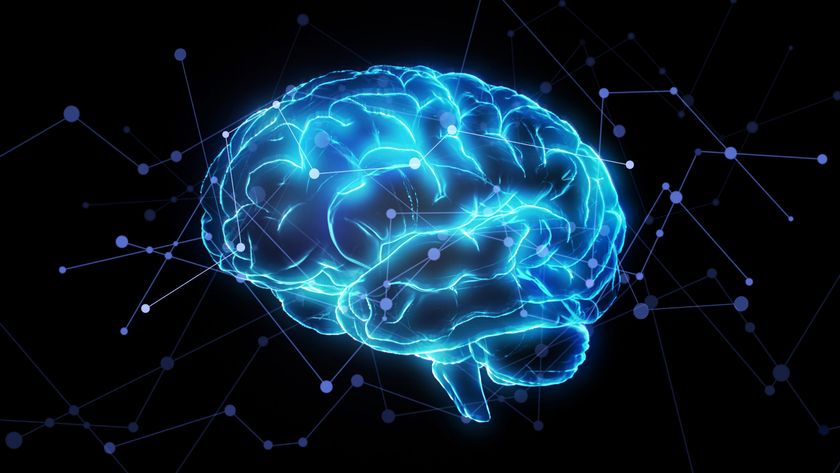4 Unusual Ways Music Can Tune Up the Brain

Music shapes the brain in many ways — it can alter brain structures in musicians, and enhance cognitive skills in children and adults alike, research shows. Still, scientists are continuing to learn much about the way the brain responds to music.
Here is a look at four ways that music is known to affect the brain.
Unearthing patients' lost memories
Music has the power to bring back memories, leading some researchers to say that music could be used as a treatment for people with memory problems.
In one recent study, researchers found that music could bring back old-age memories in people who had memory problems after sustaining traumatic brain injuries (TBI).
In fact, the musical treatment, which involved playing hit songs from different periods in people's lives, was better than an interview at eliciting past memories, according to the study published in the journal Neuropsychological Rehabilitation in 2013.
Other investigations have found that for people with severe memory problems as a result of Alzheimer's disease or dementia, music can affect the memory when nothing else does. The effect can sometimes be so great that experts have likened it to "awakening" a patient who has been unconscious.
Sign up for the Live Science daily newsletter now
Get the world’s most fascinating discoveries delivered straight to your inbox.
Sharpening emotion-detecting skills
Musical training may turn people into better emotion detectors, some studies have suggested.
In one study published in the European Journal of Neuroscience in 2009, 30 participants watched a subtitled nature film while listening to a very short, almost undetectable clip of a baby's cry. The researchers looked at the brain's electrical waves to measure how sensitive the people were to the sound, and whether their brain's emotional circuits were evoked.
The researchers found that the musicians' brains responded more quickly and accurately than the brains of non-musicians, suggesting the musicians may be better at perceiving emotions even when music isn't being played, the researchers said.
Blocking out the noise
The aging brain normally becomes less and less capable of blocking out background noise, but people with musical training may be better than others at hearing and understanding sounds in a noisy environment as they age.
In a study published in the Journal of Neuroscience in 2013, researchers found that even people who took music lessons only in childhood still showed some long-lasting brain effects when it comes to detecting sounds amid a noisy background.
Noteworthy: Learning language through singing
It might help to practice a new language you're trying to learn by singing the words in the shower. Scientists recently found that when learning a new language, singing the phrases can help people learn the language better, compared with simply reading those phrases.
In the study published in the journal Memory & Cognition in 2014, researchers asked 60 adults to listen and repeat phrases in Hungarian, a language entirely foreign to the participants. Some of the participants were asked to simply repeat the phrases, some were told to repeat the phrases rhythmically, and the rest were asked to repeat the phrases by singing them.
The results showed that the participants who sang did significantly better than others in a series of Hungarian language tests.
Email Bahar Gholipour. Follow us @LiveScience, Facebook & Google+. Original article on Live Science.












